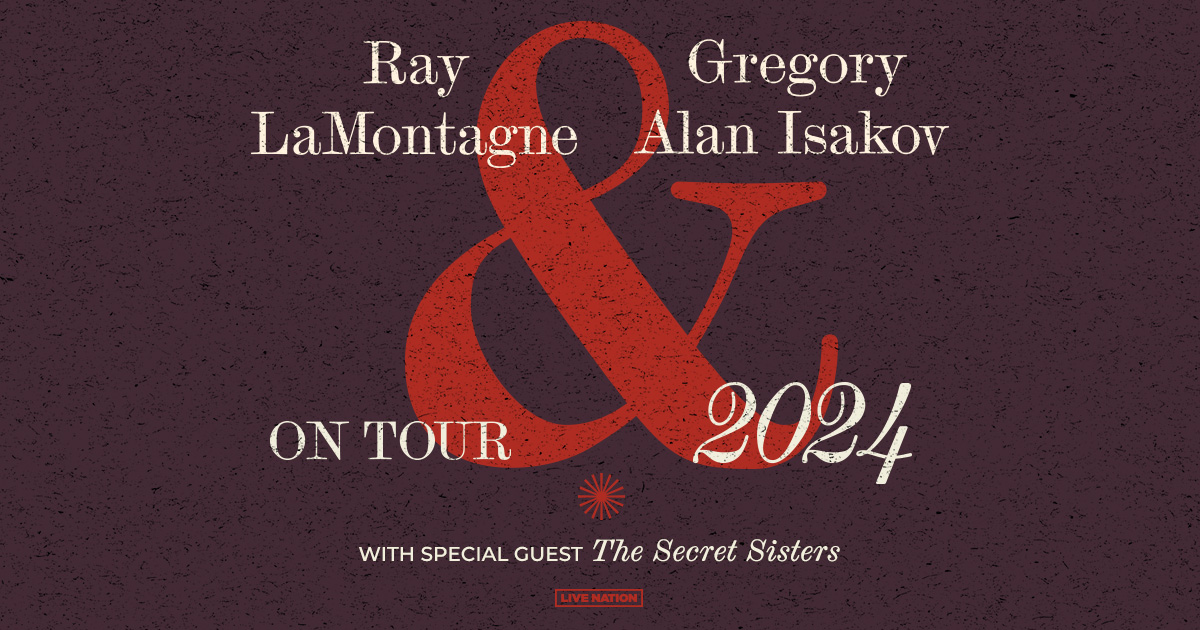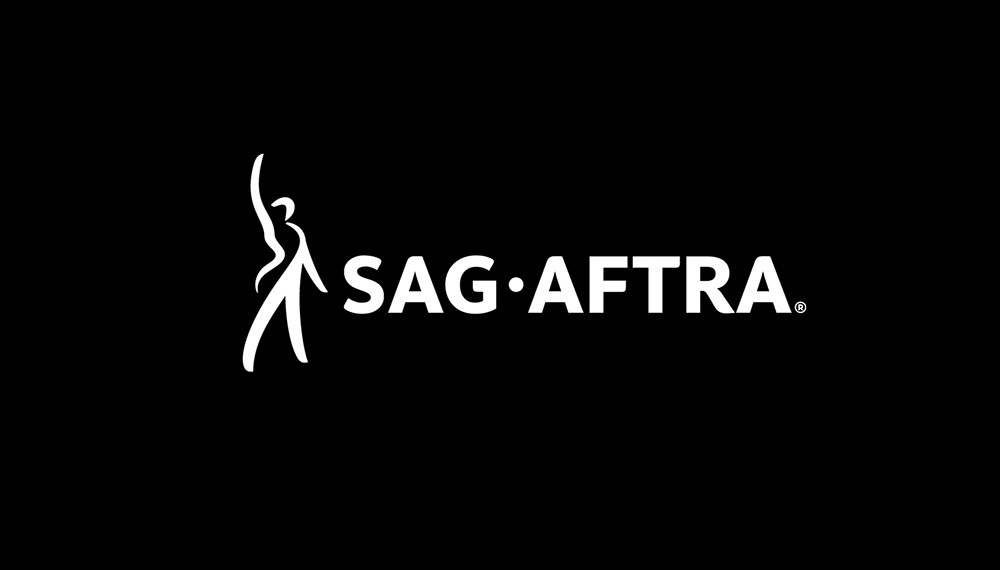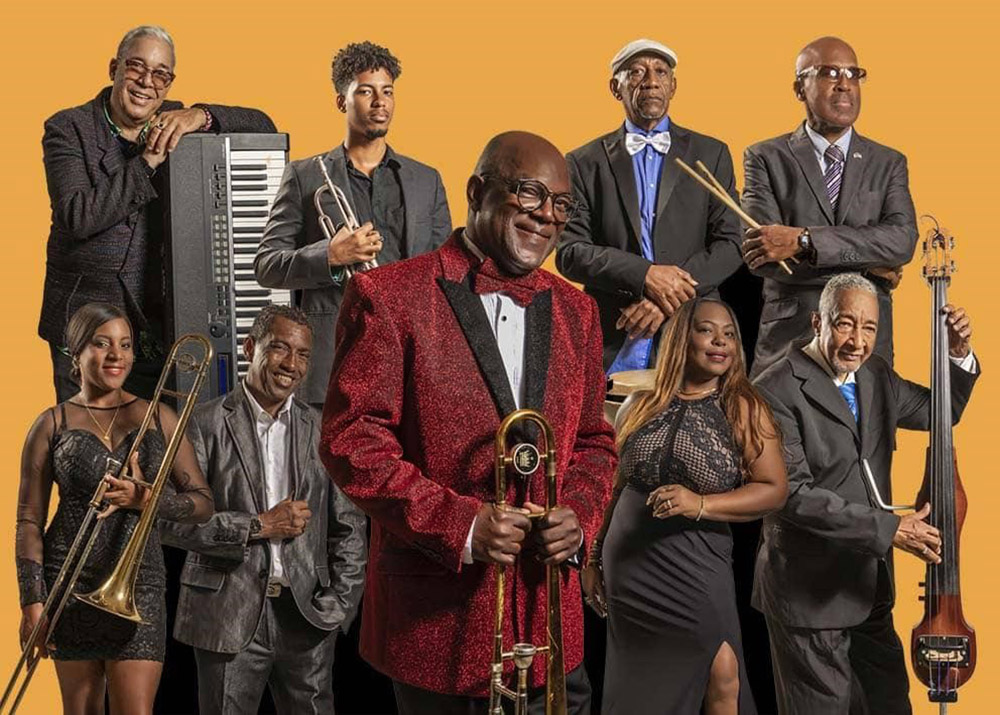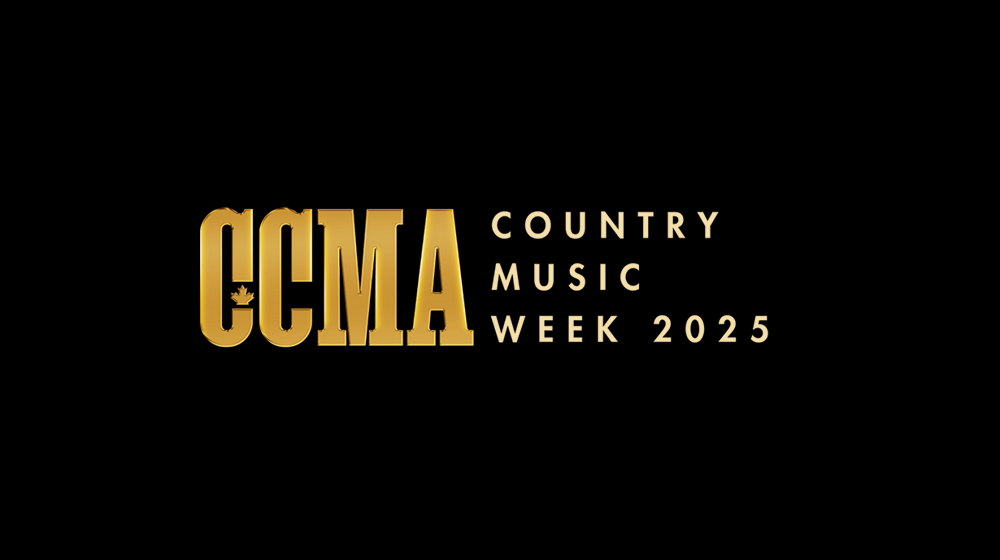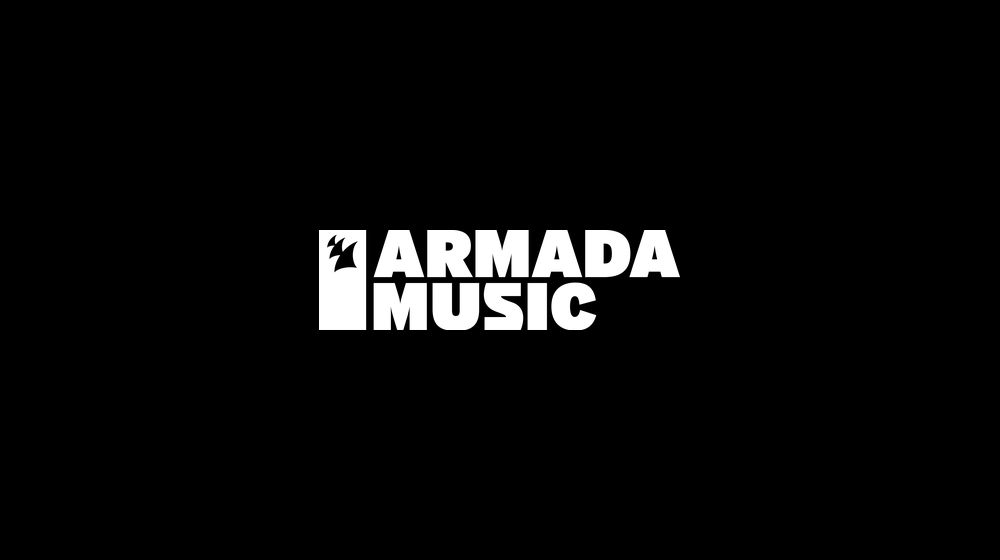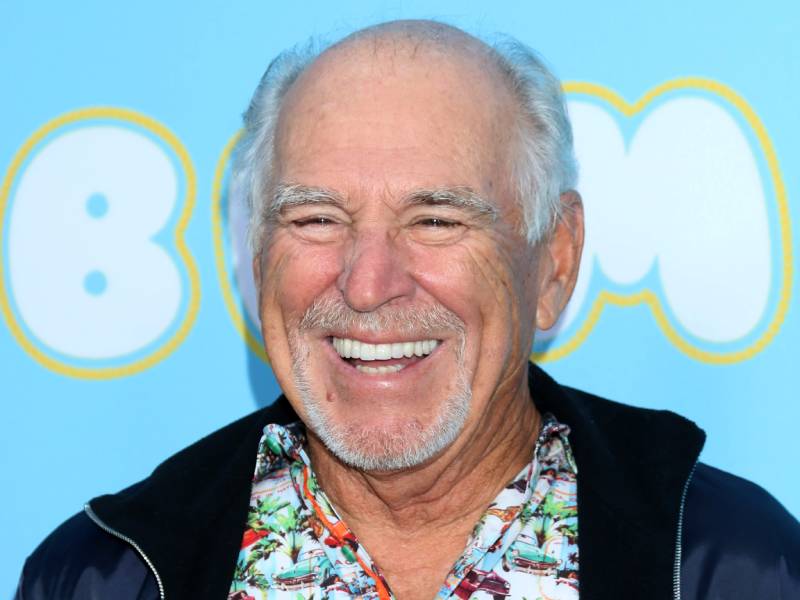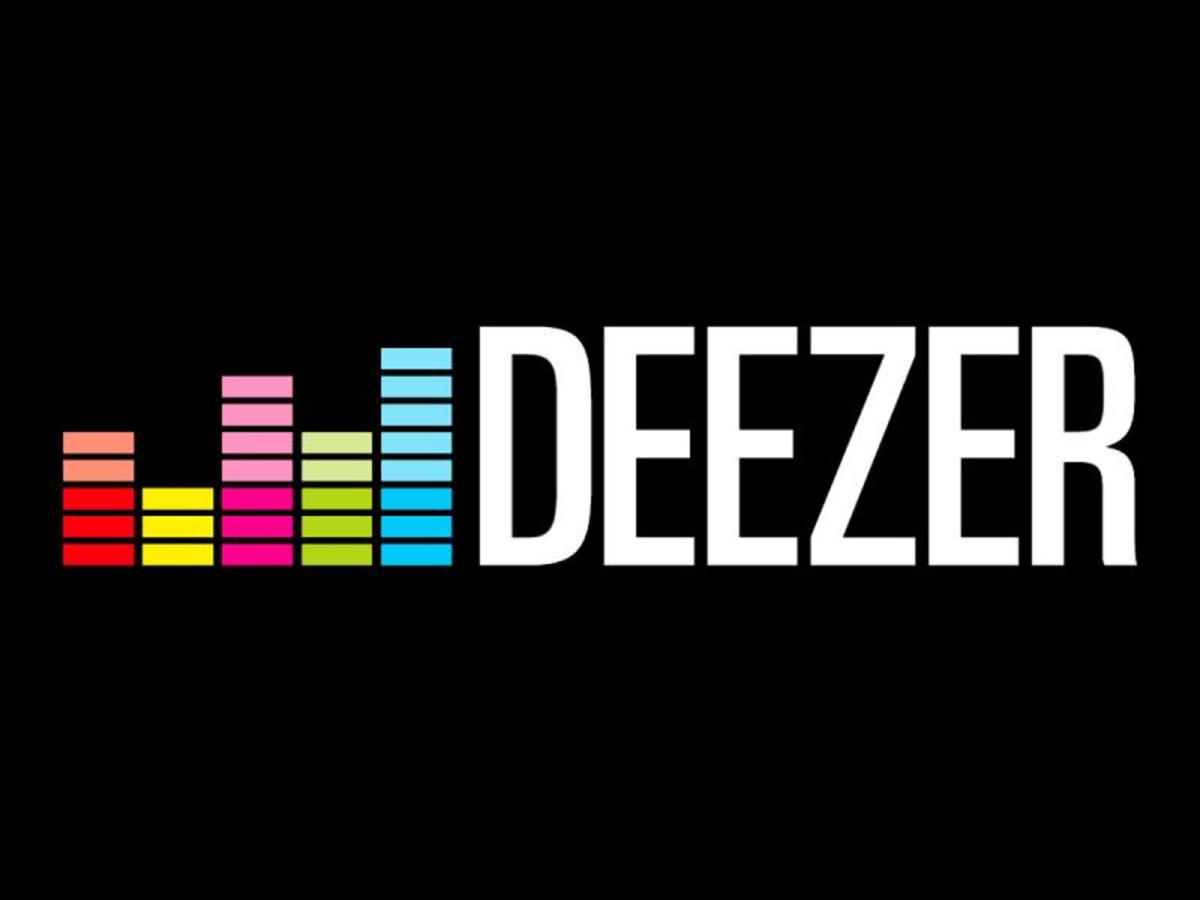
As expected, US Senator Russ Feingold (D-WI) introduced the "Competition in Radio and Concert Industries Act," via a press conference July 27 with
representatives of the Consumers Union, The National
Association of Black Owned Broadcasters (NABOB), The American Federation
of Television and Radio Artists (AFTRA) and The Future of Music Coalition to
outline his legislation. His proposed legislation would help small and independent
radio station owners and promoters, and consumers by prohibiting anti-competitive
practices in the radio and concert industries.
"I have worked hard to curb the influence of special interests," Feingold said. "Radio is one
of the most important mediums we have for exchanging ideas and expressing our creativity.
I am committed to fairness and competition and to ensuring that cross-ownership of
promotion services or venues is not used to hurt musicians, concert promoters, or other
radio stations."
Feingold's bill helps small and independent radio owners and promoters by curbing
concentration to level the playing field in the marketplace; helps consumers by
curbing concentration to promote diversity of; information and bring down high
ticket prices; addresses anti-competitive practices by stopping the current
shakedown system, where some radio corporations allegedly leverage their
market-power to shakedown the music industry in exchange for playing their
songs.
"I have been hearing from independent radio stations and concert promoters in
Wisconsin who are being pushed out by anti-competitive practices that are in turn a
result of concentration," Feingold said.
"The Telecommunications Act of 1996 opened the floodgates for concentration in
the radio and concert industry, and that's exactly why we are here today – because
we need to repair the damage that has been done through this anti-competitive
behavior."
Outline of the Competition in Radio and Concert Industries Act
Section 1: Title: The Competition in Radio and Concert Industries Act
Section 2: Findings and Purpose
To promote the values embraced by the First Amendment to the Constitution
through diverse radio programming based on local input. This bill also helps
facilitate better service to local communities by increasing competition in radio
programming, content, radio advertising, concert venues, and concert
promotion.
Section 3: Prohibit the use of radio to reduce public access to diverse radio and
concert programming
This section prohibits any entity that owns radio stations, concert promotion
services, venues from acting in an anti-competitive manner. This section directs the
Federal Communications Commission (FCC) to revoke the license of any radio
station that uses its cross-ownership of promotion services or venues to
discriminate against musicians, concert promoters, or other radio stations.
Section 4: Enhanced scrutiny of further consolidation in radio
This section requires the FCC to scrutinize the effect of national and local
concentration on independent radio stations, concert promoters and consumers.
This section also prevents any upward revision of the limitation on multiple
ownership of radio stations in local markets.
Section 5: Review of use of privately-controlled audience measurement systems
for determination of local markets of radio stations
This section requires the FCC to ensure that any measurement of local radio
markets is independent of and not subject to manipulation.
Section 6: Modification of attributable interest in radio stations and limitations on
local marketing agreements
This section closes a loophole in the local marketing agreement
regulations to ensure that
any station that receives a significant amount of its play lists or
advertising from another
station is considered under the local ownership cap.
Section 7: Modification of regulations on announcement of payment for
radio broadcast
This section closes a loophole in the FCC regulations covering "Payola"
– pay for play – to
ensure that radio station broadcasts are not improperly influenced by
the payment, whether
directly or indirectly, to the licensee of any radio station unless an
appropriate sponsorship
identification announcement is made.
Section 8: Limitation on suspension or waiver of rules
The FCC may suspend these rules only when it determines that there is
a compelling justification.
Section 9: Annual reports
The FCC is required to issue an annual report on compliance with
these rules and industry
practices. It is required to consult independent sources and to solicit
public comments.



















